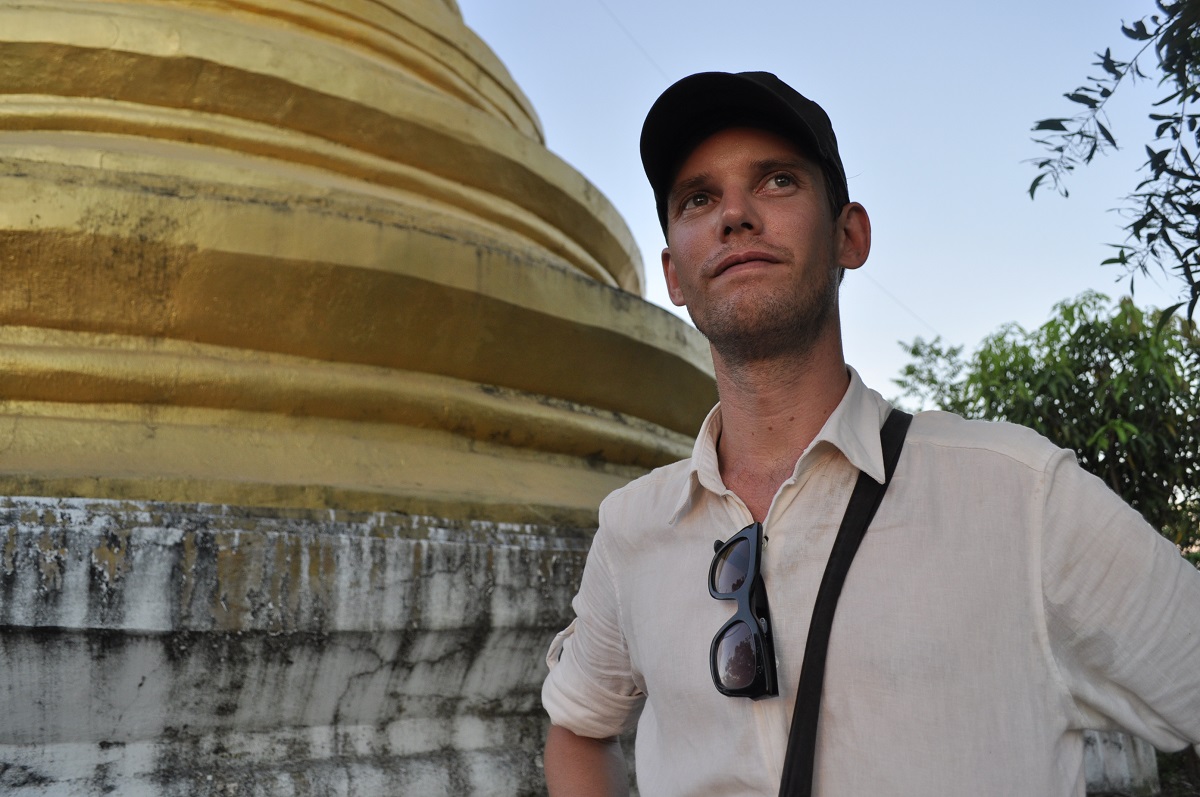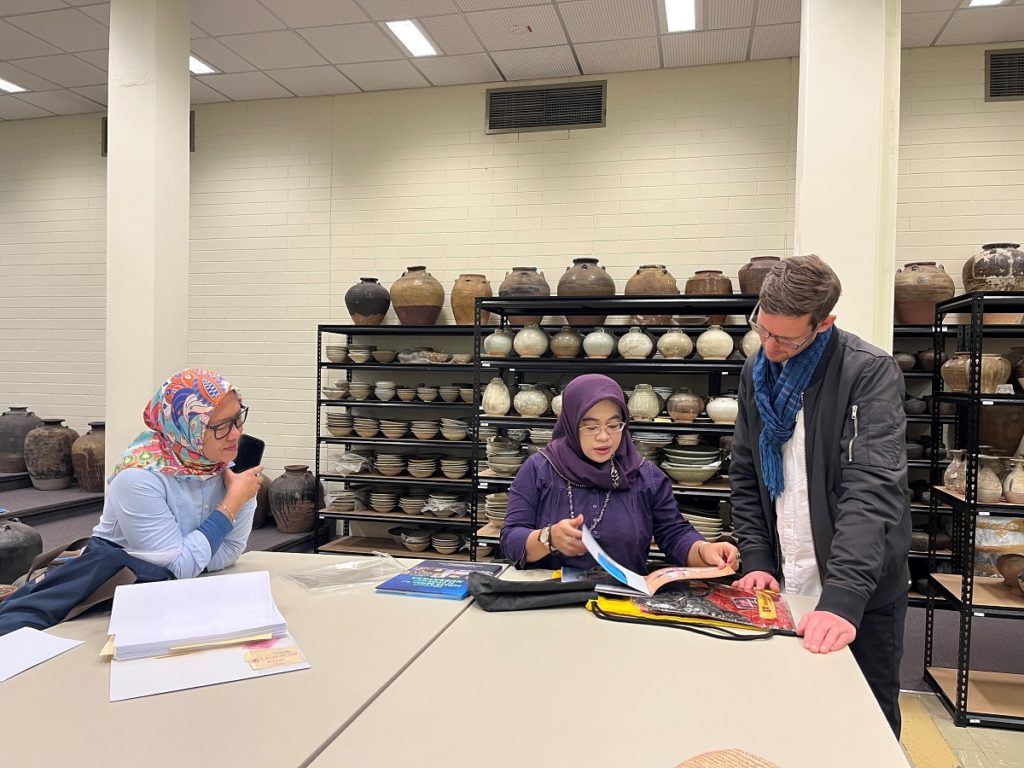
Dr Martin Polkinghorne is working to change perceptions and safeguard cultural heritage around the world. We asked for an update of his involvement with one of the most important archaeological and world heritage sites.
What is your role at Flinders?
I’m a Senior Lecturer and Discipline Lead/Undergraduate Course Coordinator for Archaeology. As a balanced academic, I fill my work days teaching, researching and contributing to the administration of our Bachelor of Archaeology suite of degrees. For the past few years, I’ve been teaching one of our flagship first year topics – ‘Sex, Death and Ritual in the Ancient World’, which has proved popular to students across the University interested in understanding the diversity of past human ritual behaviour and its expression in material culture. I also teach post-graduate ‘Field Methods’ at Glenthorne National Park: Ityamaiitpinna Yarta, which is a great opportunity to get students’ boots dirty and give them a taste for life in-the-field.
What journey brought you to Flinders University.
I completed an Honours Degree in Archaeology at Flinders under the supervision of Emeritus Professor Vincent Megaw and Professor Claire Smith. They both encouraged me to conduct fieldwork in Cambodia, but little did I know this would lead to a life-long connection to Cambodia and its archaeology. In the following 15 years, I minted a PhD at the University of Sydney, then lived in Cambodia, France and Japan, until another fateful run-in with Claire Smith at Adelaide Airport. In between the security screens, I mentioned that I’d applied for an ARC DECRA Fellowship, and Claire planted the seed that I should move it to Flinders. Within about a year, I was back at Bedford Park.
What does your current research involve?
I have two ongoing ARC funded projects. As a Chief Investigator on ‘Urbanism after Angkor (14th – 18th century CE)’, our team is changing perceptions of Cambodian history after the demise of Angkor, from depictions of defeat to recognition of renewal. COVID-19 has temporarily stalled field work, but we’re looking forward to renewing excavations on the banks of the Mekong River in early 2023.
I also lead another international consortium on the Linkage Project ‘Reuniting orphaned cargoes: Underwater Cultural Heritage of the Maritime Silk Route’, which aims to discover the cultural value of the largest Southeast Asian ceramic collections in Indonesia and Australia, and to safeguard the underwater cultural heritage (UCH) for future generations. This project has led to the establishment of the Southeast Asian Ceramics Archaeology Laboratory (SEACAL) at Flinders, a facility dedicated to the teaching and researching of ceramics and UCH.

What do you love most about your role?
There is nothing like conducting archaeological fieldwork, whether it be training students in suburban Kaurna Yarta or researching in faraway Southeast Asia. I especially cherish the honour of being accepted by the Cambodian archaeological community to assist in their efforts to preserve the past. Archaeology is about teamwork and mutual understanding, and my collaborations with colleagues from Cambodia, Thailand, Japan, the US, France, and now Indonesia has led to some of my greatest friendships.
What are you most proud of?
The privilege of leading excavations at Angkor, which is surely one of the most important archaeological and world heritage sites, has been a great personal achievement. There is still much to do, and as I enter mid-career, I’m ambitious about paying something back by providing opportunities for students, especially from Southeast Asia, to achieve their educational and archaeological ambitions.
How do you spend your spare time?
I have a wonderful partner and small child, and following them along meandering paths and bird watching in our nearby conservation park makes for a perfect weekend. When work gets a little less hectic, I’m looking forward to picking up an electric guitar and crafting some face-melting solos.

